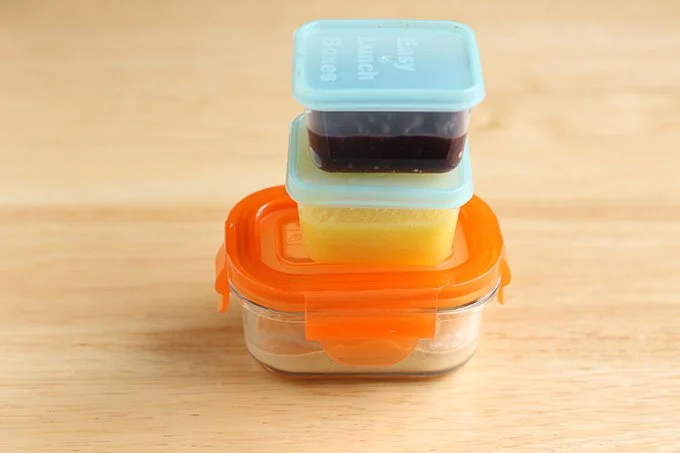As a parent, ensuring the health and well-being of your baby is a top priority. One key aspect of this responsibility involves proper storage of baby food.
Whether you’re preparing homemade purees or using store-bought options, understanding the basics of baby food storage is crucial to maintain nutritional value and ensure your little one’s safety. In this article, we’ll explore effective baby food storage tips for busy parents.
Choose the Right Containers:
When it comes to storing baby food, the choice of containers matters. Opt for BPA-free, airtight containers that are specifically designed for storing baby food.
Glass jars or plastic containers with secure lids work well to keep the food fresh and prevent contamination.
Portion Control:
Divide baby food into small, single-serving portions before storing. This not only makes it easier to thaw or reheat the exact amount your baby needs but also minimizes the risk of waste.
Ice cube trays or silicone baby food storage containers are excellent for portion control.
Labeling and Dating:
Stay organized by labeling and dating each container with the date of preparation. This ensures that you use the oldest food first, maintaining freshness and nutritional quality. Use a non-toxic, food-safe marker to write the date on the containers.
Store in the Right Temperatures:
Refrigeration and freezing are key elements of baby food storage. Refrigerate freshly prepared baby food for no more than 48 hours.
For longer storage, consider freezing. Keep the refrigerator temperature at or below 40°F (4°C) and the freezer at 0°F (-18°C) or lower.
Thawing Safely:
When it’s time to use frozen baby food, thaw it safely. Place the container in the refrigerator overnight or use the defrost setting on your microwave.
Avoid leaving baby food at room temperature for extended periods, as this can lead to bacterial growth.
Avoid Cross-Contamination:
Practice good hygiene to prevent cross-contamination. Wash your hands thoroughly before handling baby food, and use separate utensils and cutting boards for raw meats and baby food. Clean all surfaces and utensils promptly after use.
Inspect for Spoilage:
Periodically inspect stored baby food for signs of spoilage, such as off odors, discoloration, or changes in texture.
If you notice any of these signs, discard the food to ensure your baby consumes only fresh and safe meals.
Mind the Expiry Dates:
If you’re using commercially prepared baby food, pay attention to expiry dates. Always check the packaging for information on how long the product remains safe for consumption.
Conclusion
By following these effective baby food storage tips, busy parents can ensure that their little ones enjoy nutritious and safe meals every time.
Taking the time to organize and prioritize proper storage methods not only promotes your baby’s health but also streamlines mealtime preparations in the midst of a hectic schedule.

